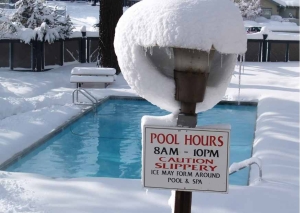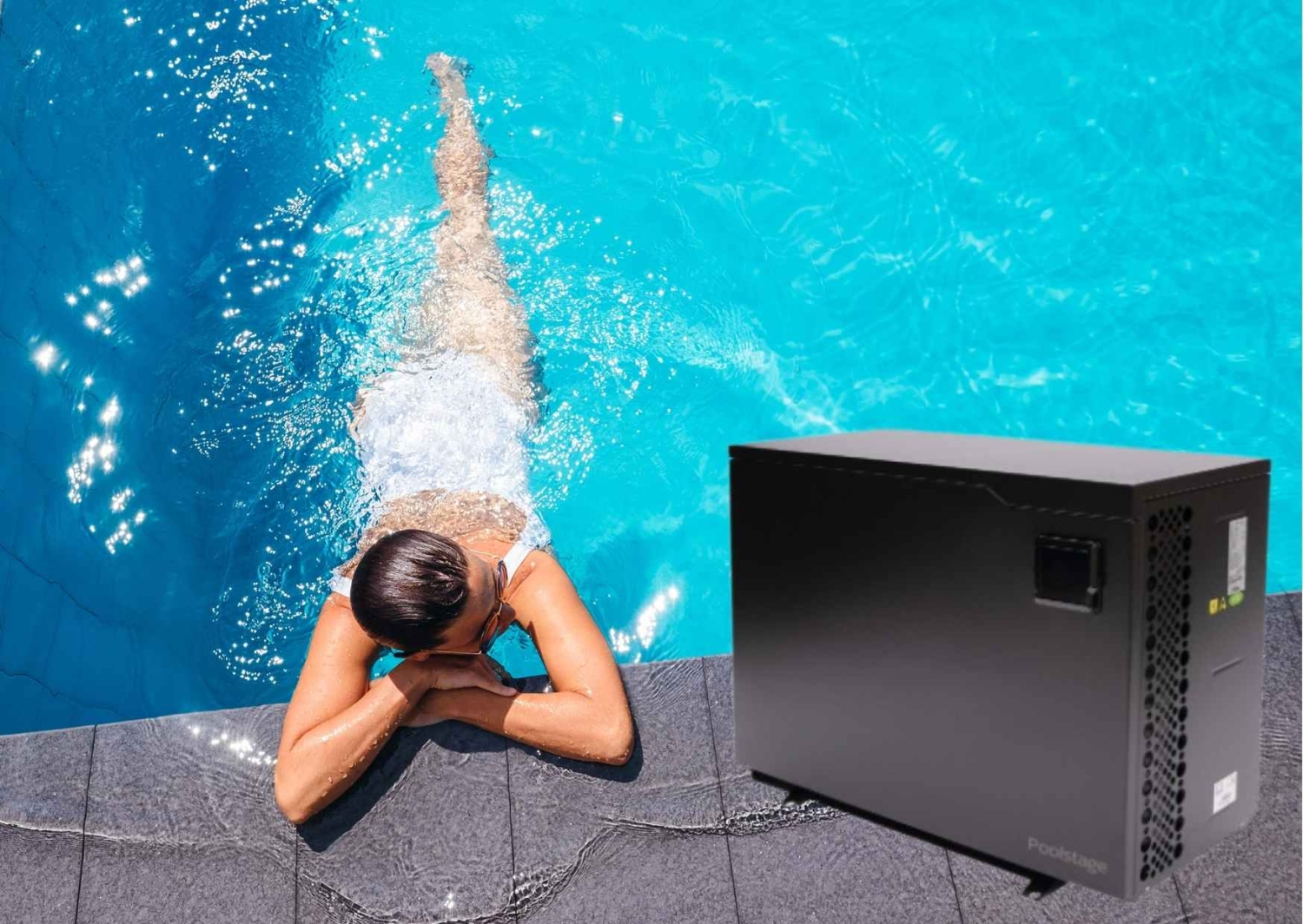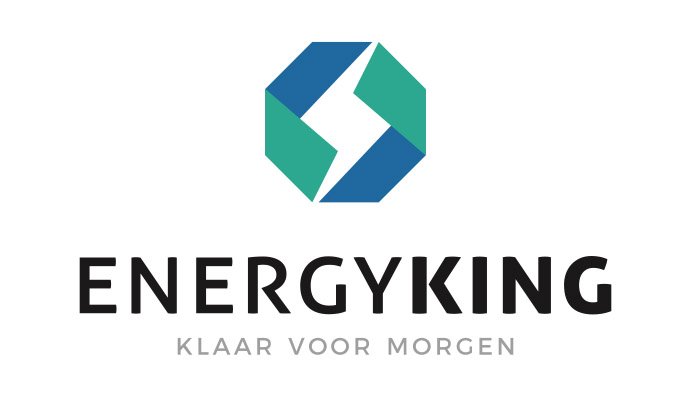Belgian summers, sometimes it's way too hot and often it's too chilly. A real challenge to keep your pool at temperature. You know it, all week it was cold and rainy but today the sun is shining like never before.
Time to put on your swimming outfit and splash in your pool. Until when you stick your first toes in the water and are shocked how cold the water still is. Nothing so frustrating. With weather changes, temperatures can drop significantly, especially during cloudy days.
A significant drop in temperature can render a pool unusable. About 90% of swimming pools in Belgium are barely used during the cold seasons.
This is where a pool heat pump comes in handy. The main reason people use a pool heat pump is to be able to enjoy the pool all year round without costing a fortune to maintain the water temperature.
But which type of heat pump should you choose? In this article, we discuss why it's best to choose a pool heat pump.
What is a pool heat pump?
In many cases, a heat pump is a great option for heating your pool. After all, a heat pump is energy efficient and works very efficiently. Just like a heat pump to heat homes, a heat pump for your pool works through the principle of compression technology.
This means that the plant extracts heat from the environment through a coolant that transports the heat. This coolant already reaches its boiling point at a low temperature and thus evaporates very quickly.

In a compressor , this gas is then compressed, raising its temperature. The resulting hot gas is released into a heat exchanger. This transfers the heat directly to the pool water flowing through it.
Heating your pool with a heat pump has several advantages. For example, it is suitable for all types of pools, it is quite easy to install and the consumption costs are also low.
What capacity/power should my heat pump have?
The output of your heat pump depends entirely on the volume of water your pool contains. For example, a pool of 5 x 3 meters and 1 meter deep (15 m3 ) quickly has a volume of 18,000 liters. Calculate that I need 1kW to heat 1000 liters of water with 1° celsius.
So for an 18,000-liter pool you will need almost 21 kW to heat the water one degree. So if you wish to make the water 5 degrees warmer you will need 105 kW.
Fortunately, this does not mean that you need to buy a heat pump of 105 kW because you can generate the energy and heat over a longer period of time. If you install a 10 kW heat pump, you will need roughly 10 hours to heat your pool by 5 degrees Celsius.
Since you do not need to generate this entire heat all the time, you will usually have enough with a 5 kW heat pump.
What is the consumption of a heat pump at a swimming pool?
That depends on the "COP value. The COP value actually indicates how much heat the heat pump gets out of 1kw.
If the COP value is 3.5, then the heat pump extracts 3.5 kw of heat from 1 kw of energy. The higher the COP value, the more energy efficient the heat pump is.

Advantages
Thanks to a heat pump for swimming pools, you can keep the water at temperature for most of the year. Because 80% of the energy produced is drawn from the ambient air, a pool heat pump is also very environmentally friendly.
The energy source is of natural origin and also renewable. The little electricity it does consume you can also optionally generate with solar panels. This allows you to heat the pool in a cheap and ecological way for free.
An additional advantage of the latest generation of heat pumps is that they no longer cause any noise pollution. Most air-powered heat pumps operate very quietly and thus do not create a disturbing effect around your pool.
In terms of decibels, you can situate the sound between the buzzing of a mosquito and an ordinary conversation. If you do not place the heat pump right next to your garden chairs, you will not experience any noise pollution.
Are you interested in a pool heat pump? Get a free consultation from our energy consultants by pressing the button below.





